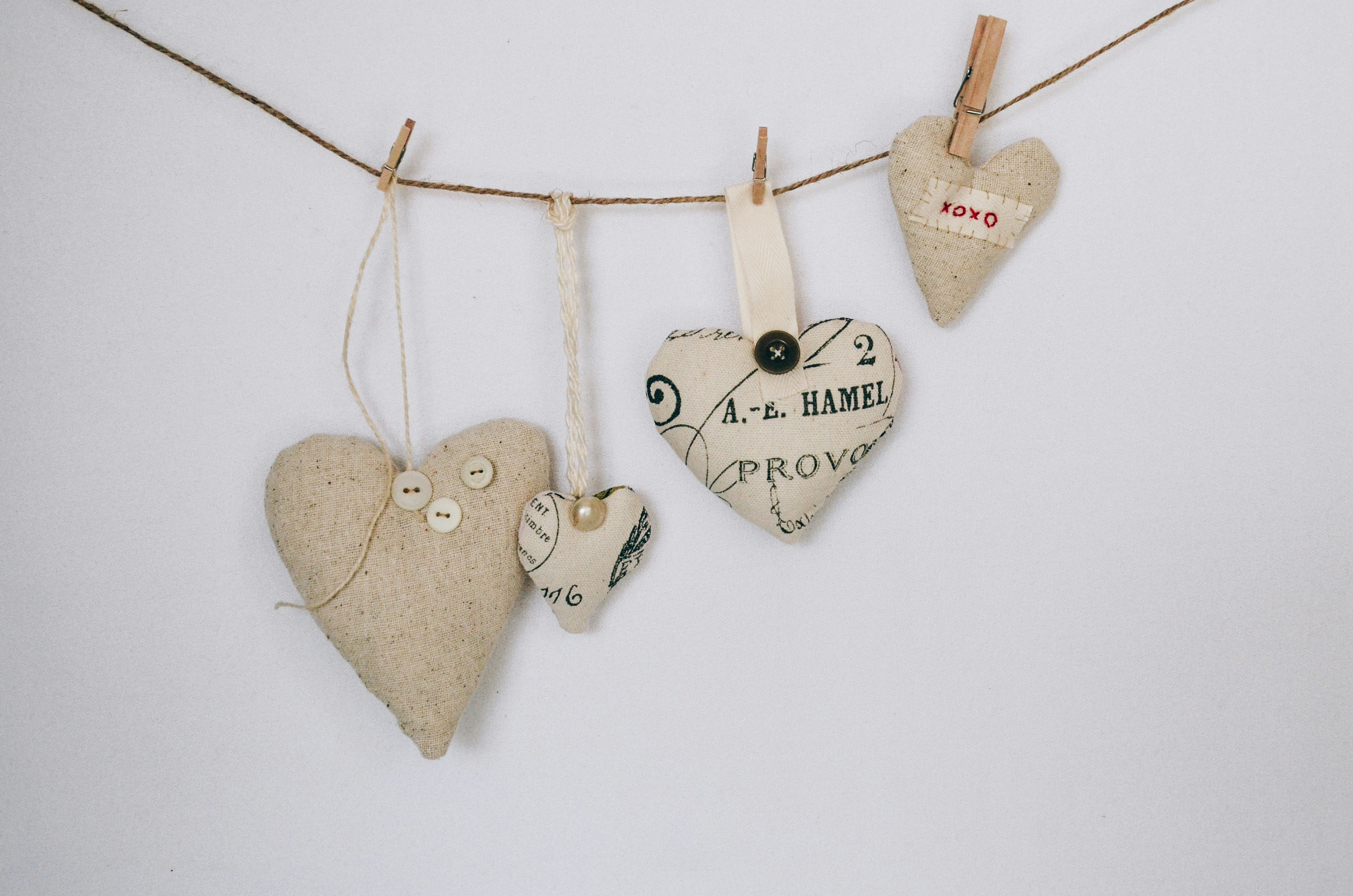5 Psychological Techniques to Improve Your Romantic Relationship
Romantic relationships require effort, communication, and understanding to thrive. While every relationship is unique, applying proven psychological techniques can foster deeper connections, resolve conflicts, and build lasting bonds. This article explores five evidence-based strategies to enhance your relationship and create a stronger emotional connection.
1. Practice Active Listening
Active listening is more than hearing your partner’s words; it involves understanding their emotions, intentions, and needs. This technique improves communication and demonstrates empathy, making your partner feel valued and heard.
How to Practice Active Listening:
-
Give Full Attention: Eliminate distractions such as phones or TV when your partner speaks.
-
Reflect and Validate: Paraphrase what your partner says to confirm understanding (e.g., “It sounds like you’re feeling overwhelmed because of work.”).
-
Avoid Interrupting: Let your partner finish their thoughts before responding.
-
Ask Clarifying Questions: Encourage deeper conversations by asking open-ended questions.
Active listening fosters trust and reduces misunderstandings, ensuring both partners feel respected and understood.
Learn more about active listening skills here.
2. Express Gratitude Regularly
Expressing gratitude has a powerful impact on relationships. Studies show that couples who regularly express appreciation for each other experience greater satisfaction and are less likely to feel neglected or taken for granted.
Ways to Incorporate Gratitude:
-
Verbal Affirmations: Thank your partner for their actions, no matter how small (e.g., “Thank you for making dinner. It really means a lot.”).
-
Acts of Kindness: Show appreciation through small gestures, like leaving a note or planning a surprise.
-
Gratitude Journals: Share three things you’re grateful for about each other at the end of the day or week.
When gratitude becomes a habit, it shifts the focus from what’s missing to what’s cherished in the relationship.
3. Use Positive Reinforcement
Positive reinforcement encourages desired behaviors and creates a supportive environment. By acknowledging and rewarding behaviors you value, you subtly guide your relationship in a healthy direction.
How to Use Positive Reinforcement:
-
Acknowledge Efforts: If your partner makes an effort to improve or do something special, recognize it with words of affirmation or acts of kindness.
-
Be Specific: Instead of saying “You’re great,” mention exactly what you appreciated (e.g., “I love how thoughtful you were when you remembered my favorite snack.”).
-
Reinforce Growth: Celebrate progress rather than perfection, encouraging continued effort.
Positive reinforcement creates a cycle of mutual encouragement, strengthening the bond between partners.
Explore how small acts of kindness improve mental health.
4. Understand and Adapt to Love Languages
The concept of love languages, introduced by Dr. Gary Chapman, emphasizes that people give and receive love differently. Understanding your partner’s love language helps you meet their emotional needs effectively.
The Five Love Languages:
-
Words of Affirmation: Verbal expressions of love and appreciation.
-
Acts of Service: Actions that show care, such as helping with chores or errands.
-
Receiving Gifts: Thoughtful presents that reflect care and attention.
-
Quality Time: Spending undistracted, meaningful time together.
-
Physical Touch: Affectionate gestures like hugs, kisses, or holding hands.
Identify both your own and your partner’s love languages through open discussion or resources like quizzes. Tailor your expressions of love to align with their preferences.
Learn more about how to create deeper connections.
5. Manage Conflicts Constructively
Conflict is inevitable in any relationship, but the way couples handle disagreements determines whether it strengthens or damages the bond. Constructive conflict management involves addressing issues without resorting to criticism, defensiveness, or contempt.
Techniques for Constructive Conflict Resolution:
-
Use “I” Statements: Focus on expressing your feelings without assigning blame (e.g., “I feel upset when plans change unexpectedly.”).
-
Stay Calm: Take a break if emotions escalate, then revisit the discussion with a clearer mindset.
-
Seek Solutions Together: Frame conflicts as shared challenges rather than battles to win.
-
Avoid Stonewalling: Engage in dialogue rather than shutting down or withdrawing emotionally.
Healthy conflict resolution builds mutual respect and teaches both partners how to navigate challenges together.
Discover how to handle conflict in relationships.
Why These Techniques Work
These psychological strategies are grounded in research and aim to enhance emotional intimacy, communication, and mutual respect. When applied consistently, they can transform relationships by fostering a deeper understanding and connection between partners.
Relationships are built on shared effort and intentionality. By incorporating these techniques into your daily interactions, you can create a loving and resilient partnership.

